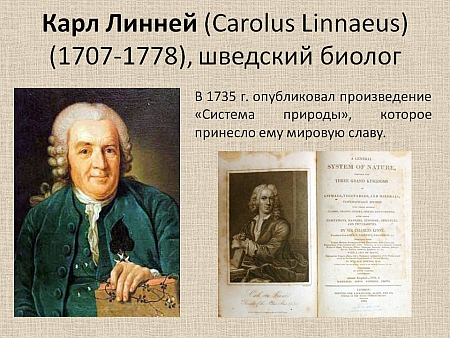Its Latin name Quercus suber L. cork oak received in 1734 from Swedish botanist-naturalist Karl Linnaeus.
 Quercus suber L. – this is the scientific name of the cork oak tree, which is widely distributed in North Africa: Algeria, Morocco, Tunisia, and in Europe: Corsica, France, Italy, Portugal, Sardinia, Sicily, Spain. The Swedish naturalist and botanist Carl Linnaeus gave a name to this evergreen inhabitant of the Mediterranean.
Quercus suber L. – this is the scientific name of the cork oak tree, which is widely distributed in North Africa: Algeria, Morocco, Tunisia, and in Europe: Corsica, France, Italy, Portugal, Sardinia, Sicily, Spain. The Swedish naturalist and botanist Carl Linnaeus gave a name to this evergreen inhabitant of the Mediterranean.
For its Latin name, this remarkable representative of the beech family is obliged to Karl Linnaeus (1707-1778) – a Swedish naturalist, botanist and doctor. Carl Linnaeus (Swedish. Carl Linnaeus) became the founder of modern biological taxonomy, which has built the most successful artificial classification of plants and animals.
He described about 1500 species of plants.
Linnaeus had a passion for plants since childhood. Linnaeus’ father – Niels Linneus was a rural pastor and florist. The garden, organized by his father near the family home in Stenbrokholt, according to Linnaeus “ignited his mind with an unquenchable love to plants. “Linnaeus considered himself as the selected one, called to interpret the plan of the Creator.
The result of this passion was one of his most important works – “Systema naturae ” (“The System of Nature”, 1735). It was a collection of realms of minerals, plants and animals, structured in tables that occupied only 14 pages. Linnaeus distributed the plants to 24 classes, based on the classification of the number, size and location of stamens and pistils.
The new system, created by Linnaeus, proved to be very practical and allowed to define plants even for amateurs, because Linney ordered the terms of descriptive morphology and introduced binary (binominal) nomenclature for simplifying the search and identification of both plants and animals. Later, Karl Linney supplemented his work, and the last lifetime (12th) edition consisted of 4 books and 2335 pages.
The letter L. in the name of Quercus suber L. (oak cork) is the first letter of the surname of the founder of modern biological taxonomy.
